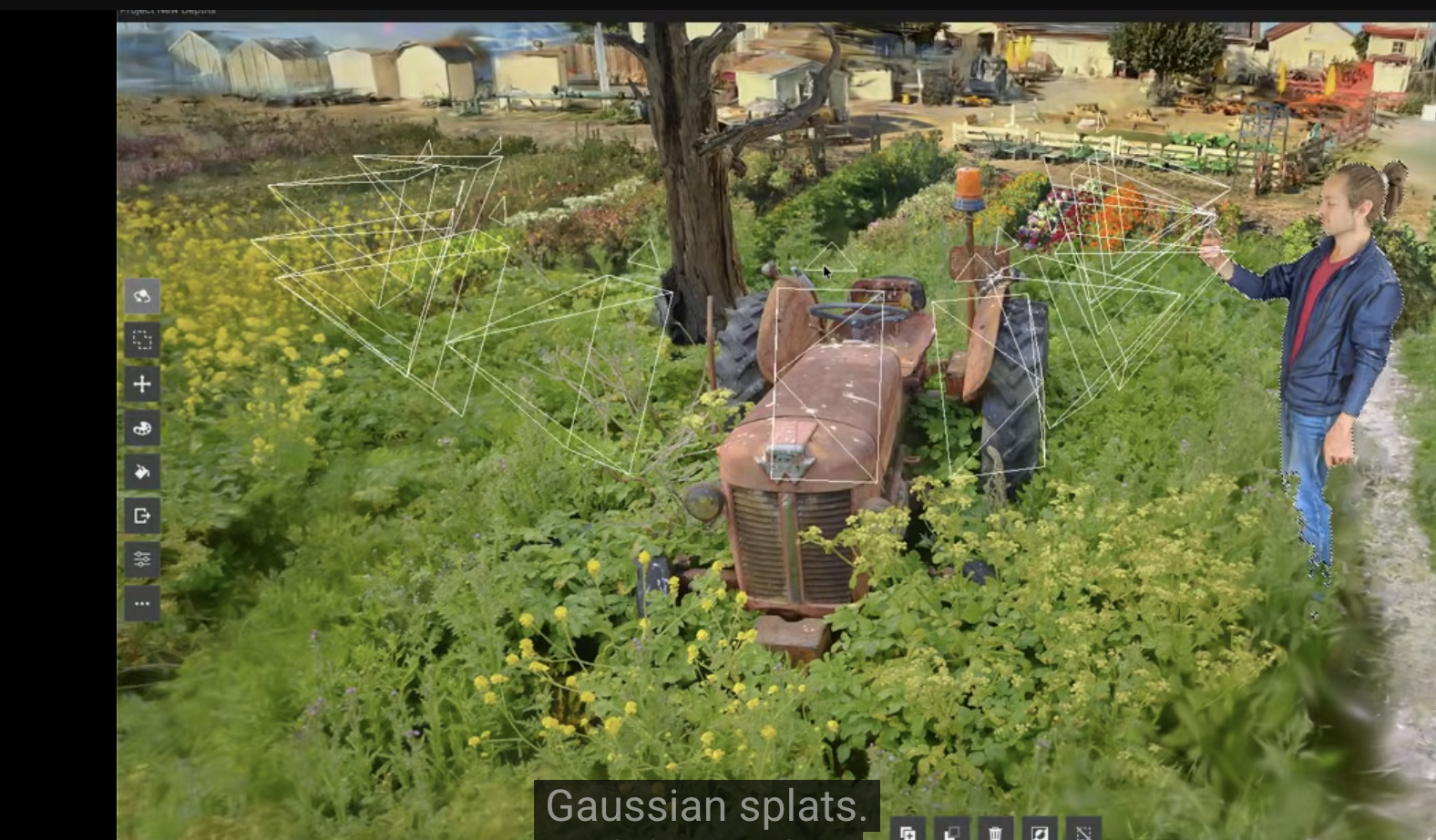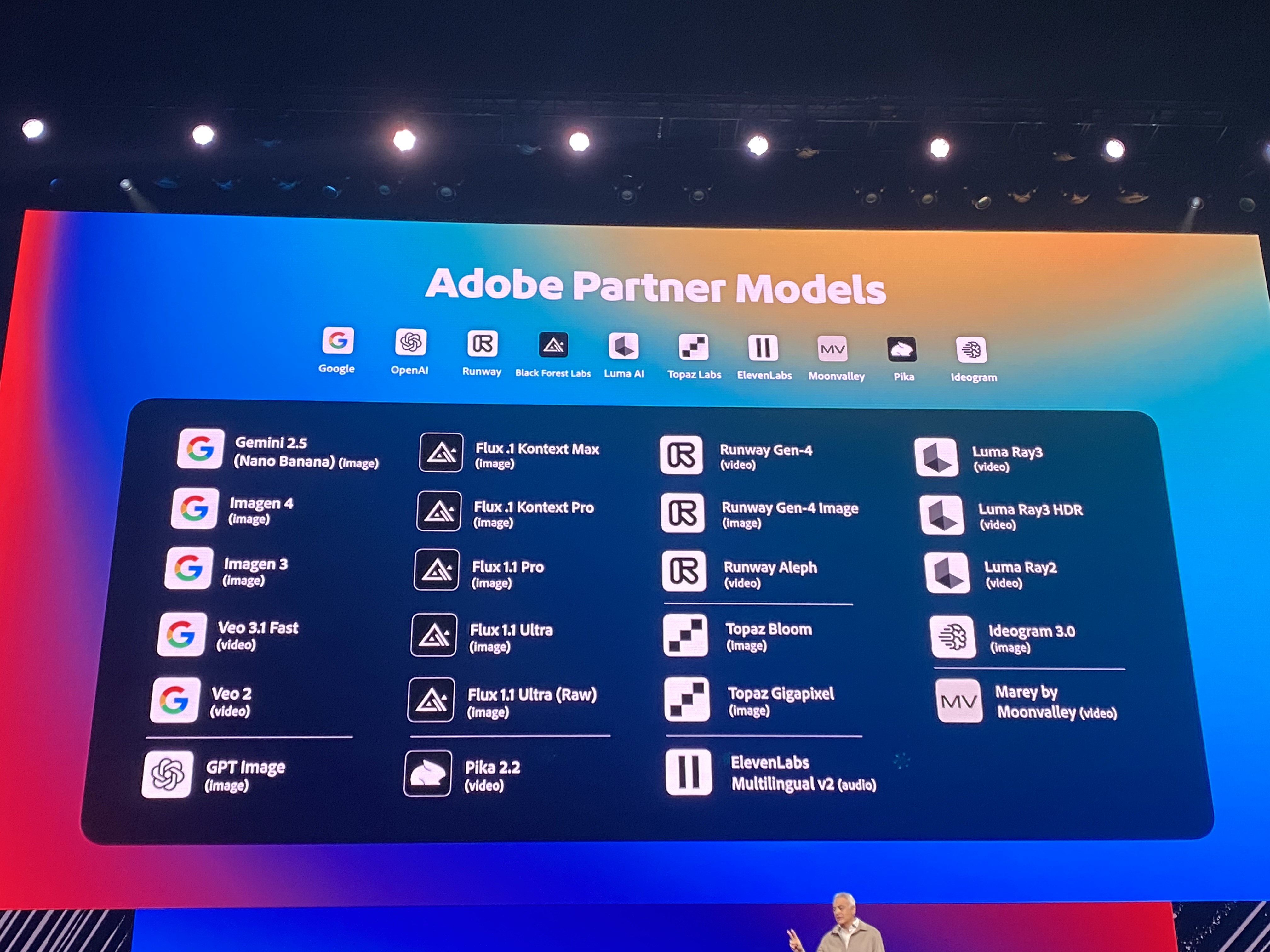Sam Altman just dropped the most honest AI interview ever—and it's wild.
Wanna hear Sam Altman cover all SORTS of interesting questions no one ever asks him? The OpenAI CEO sat down with comedian Theo Von for a hour-and-a-half deep dive that felt more like therapy than tech talk. And honestly? It might be the most human we've ever seen the guy who's building our AI future.
The Man Behind the Machine
Sam’s a new dad as you may know… it was pretty hilarious to listen to him talk about his son gaining new capabilities like its a new AI model.
That said, SAM says his 4-month-old son will never be smarter than AI. Not for a brief period. Never. "My kid will never ever be smarter than an AI," he said matter-of-factly. "That will never happen."
Think about that for a second. We're the last generation of humans who got to be the smartest thing in the room, even if it was just for a few years as kids.
Altman also got surprisingly personal about how fatherhood changed everything. He used to worry about not being able to take spontaneous international trips with a baby. Now? "I don't miss it at all. I'm thrilled with the trade."
But here's where it gets interesting—when Theo asked if tech leaders are "a little autistic," Altman didn't dodge: "Are we a little autistic on the whole? I would say probably." He thinks society needs people who think differently, even if they're "computery."
The honesty was refreshing. Most tech CEOs stick to rehearsed talking points. Altman admitted "no one knows what happens next" and compared AI development to the Manhattan Project scientists watching the Trinity test—a moment of "what have we done?"
What's Coming Next
GPT-5 is already here internally and apparently blew Altman's mind. He tested it on a question he couldn't answer himself, and it nailed it perfectly. His reaction? An "oh man, here it is" moment that left him feeling briefly useless.
But the real game-changer isn't just smarter AI—it's AI agents that actually do stuff for you. Altman showed off a system that can book restaurants, buy products, and handle tasks like a personal assistant. "Doing this the old-fashioned way is going to feel like the stone age so quickly."
And those massive data centers? Altman just visited their 1-gigawatt facility in Texas—the biggest ever built. Standing in the middle of it, he said it looks like "the motherboard of a computer" when viewed from the air.
The Uncomfortable Truths
Altman didn't sugarcoat the downsides. He's "very afraid" of the surveillance state that AI will enable. Governments will want to monitor AI use to prevent bioweapons and bombs, leading to "more surveillance" than ever before.
He's also worried about AI's impact on mental health, especially for kids. And that legal privacy issue? If you tell ChatGPT your deepest secrets and there's a lawsuit, they could be forced to hand over your conversations. There's no therapist-patient privilege for AI yet.
Why This Matters
This interview revealed something crucial: the people building our AI future are figuring it out as they go, just like the rest of us.
His prediction that we'll need nuclear fusion to power the AI revolution (we agree)? His admission that some days feel "very fast" even to him? These aren't the words of someone with a master plan—they're the words of someone navigating uncharted territory in real time.
Watch the full interview if you want to see the most unfiltered conversation about AI's future we've gotten from any major CEO. It's worth your time.
This podcast is so interesting, covering the real questions real people actually have about AI and how Sam Altman (and OpenAI) are thinking about its impact. Definitely give it a watch!
Episode Highlights
- (6:23) Insight: In a future filled with sci-fi technology, the most deeply human experiences and connections will become the most precious and valued things.
- (6:46) Prediction: Sam predicts his child probably won't go to college, as the education system will be fundamentally different in 18 years, shaped by a world where AI is more intelligent than humans.
- (9:18) Takeaway: Parents should worry less about their children adapting to AI and more about themselves. He notes that throughout history, younger generations fluently adopt new technologies, while older generations are the ones who struggle to adapt.
- (11:25) Prediction: Jobs like "historian" won't disappear but will evolve into new forms. He argues that human fascination with stories and with each other will ensure such roles persist, much like "podcaster" or "AI CEO" are new jobs that would've seemed impossible a century ago.
- (13:40) Insight: The current AI revolution mirrors the Industrial Revolution, where initial panic about job loss eventually gave way to new desires and new kinds of work. He suggests our modern jobs would look like a "game" to people from that era, and future jobs will likely seem just as effortless to us.
- (14:18) Prediction: An AI that could perform the job of OpenAI's CEO is "probably not that long" away. Sam expresses excitement, not fear, at this prospect, as it would free him up to work on new, different problems.
- (18:01) Forecast: He outlines two potential economic futures. The first is a world where powerful AI is free, making everyone vastly more productive and wealthy. The second is a world where AI's value accrues to its owners, which he believes would force society to create a new economic model for wealth distribution.
- (19:49) Insight: Sam prefers the concept of "Universal Basic Wealth" over Universal Basic Income. He argues people desire agency and a stake in the future, which could be achieved by giving everyone an ownership share of AI's compounding output, rather than just a simple monthly check.
- (20:41) Prediction: He floats a "crazy idea" for a global wealth distribution model where a portion of the world's total AI compute capacity ("tokens") is allocated equally to every person on Earth, who could then use, sell, or pool their allotment.
- (22:36) Insight: On the fear of losing purpose, he notes this AI revolution feels different because it targets intelligence and creativity, core to human identity. However, he remains hopeful that, like software developers using AI today, humans will find meaning by operating at a higher level of abstraction.
- (24:01) Insight: Even in a world with superintelligent AI, humans will find a way to remain the "main characters" in their own stories. He compares it to how humanity has coped with the scientific discoveries that demoted Earth from the center of the universe.
- (25:52) Story: Sam shares a personal moment of fear after GPT-5 perfectly answered a complex question he couldn't, giving him a firsthand feeling of being made "useless" by the technology.
- (27:05) Fear: He expresses deep concern over AI's potential negative impact on mental health, similar to the addictive nature of social media, and admits they don't yet have a solution.
- (31:02) Takeaway: He urgently calls for a new legal framework that grants conversations with AI the same privacy protections and legal privilege as discussions with a therapist or lawyer.
- (34:21) Insight: He compares the feeling among AI researchers today to that of the Manhattan Project scientists—a sense of having created something extraordinary that will reshape history, without fully knowing the consequences.
- (39:10) Insight: The "AI race" is shifting away from benchmark scores (the "megahertz race") and toward which company provides the most tangible value to users.
- (44:44) Prediction: AI will soon democratize software development, allowing anyone to create a fully functional app simply by describing their idea in natural language.
- (58:38) Prediction: The world's demand for computation will require covering the planet in massive data centers, though he notes they could eventually be built in space.
- (1:03:12) Prediction: To power the immense energy needs of future AI, he believes humanity must achieve nuclear fusion, and that AI itself will be a key tool in accelerating that discovery. The two most critical inputs for the future are intelligence and energy.
- (1:07:20) Prediction: He believes AI will help humanity answer fundamental questions about the nature of the universe that are currently beyond our understanding.
- (1:10:18) Fear: He is worried that as AI becomes more powerful, governments will demand more mass surveillance to guard against misuse, a trade-off for safety that he finds deeply concerning.
- (1:18:04) Story: The "merge" with AI may not be a physical implant but a "pattern" imprint; he tells a story of a friend whose personality was so accurately learned by ChatGPT over two years that the AI could perfectly replicate his personality test results.
- (1:21:05) Direction: The next evolution of ChatGPT is the Agent, a system that can not just answer questions but take action on your behalf—booking reservations, conducting research, and making purchases autonomously.
- (1:28:03) Fear: Sam agrees that widespread facial recognition is likely inevitable and will make cities safer, but he finds the trade-off for the loss of privacy to be profoundly "dystopic."






